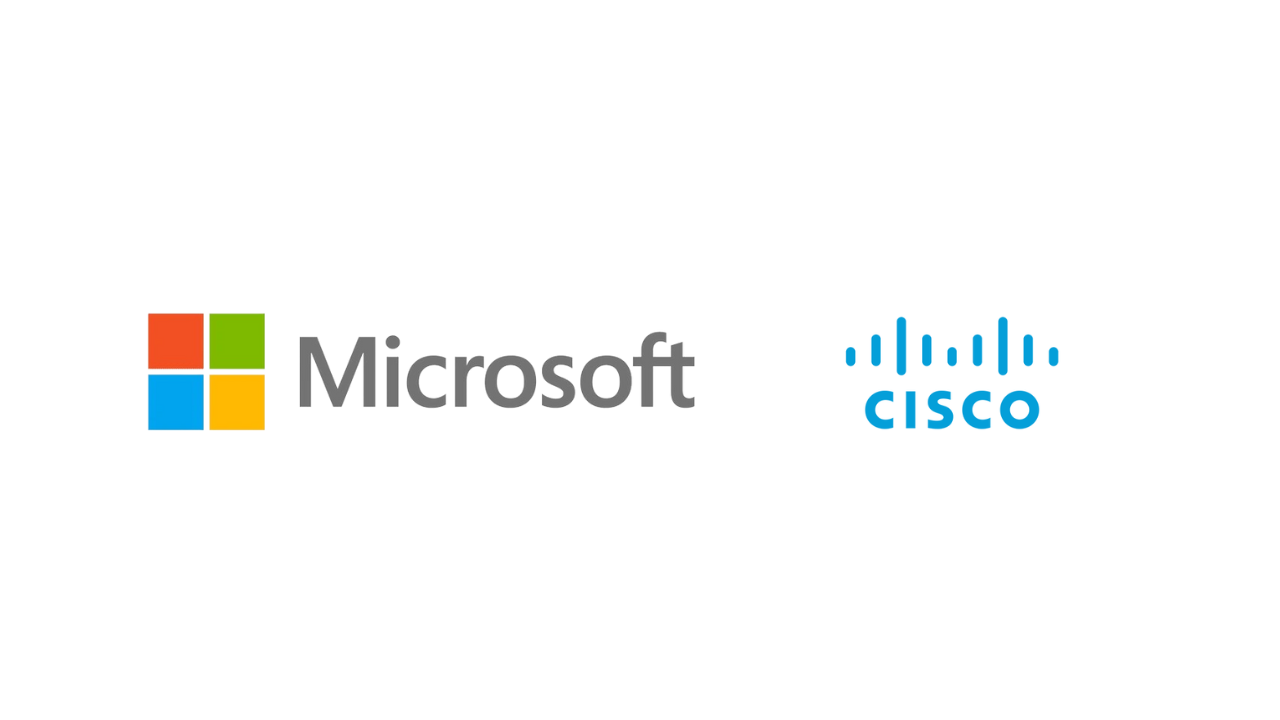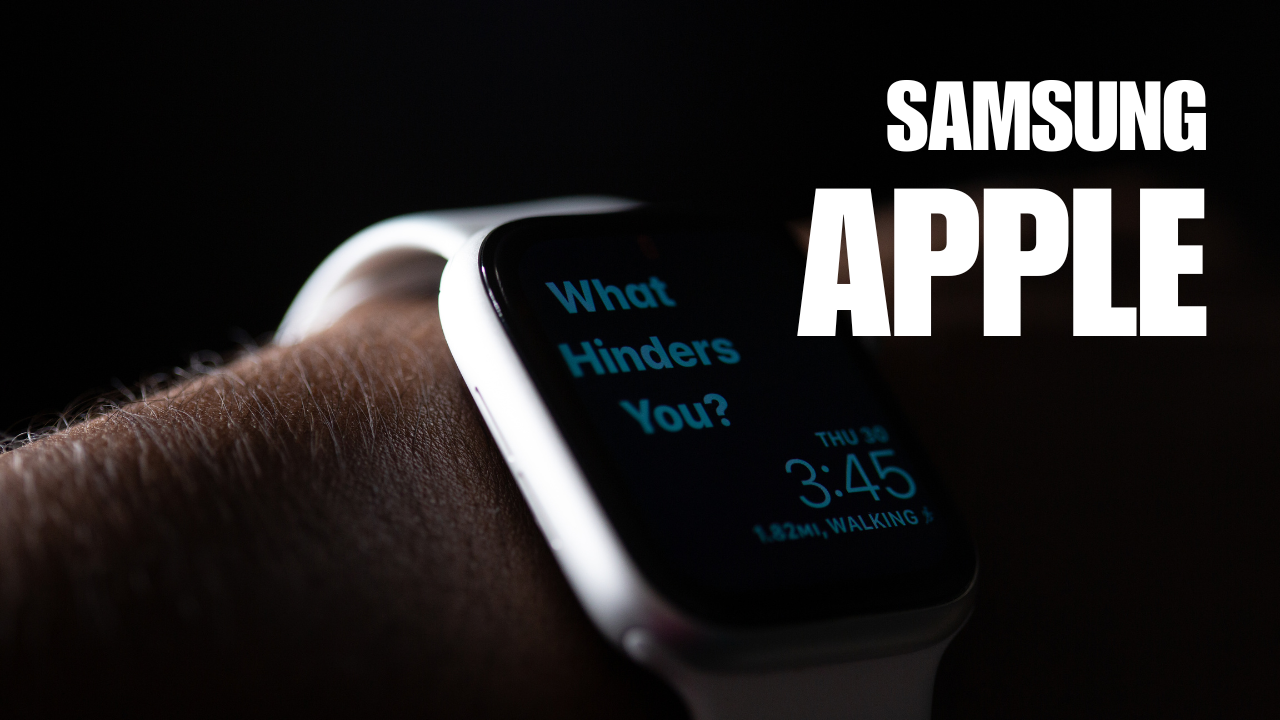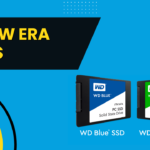
SEO Meta Description: Explore the Battle of Smartwatches as Samsung and Apple compete for dominance in the wearables market. Learn about the key features, differences, and future of smartwatches from both brands.
Slug: battle-of-smartwatches-samsung-vs-apple
The wearables market has witnessed exponential growth in recent years, with smartwatches taking the lead. These devices have evolved from simple extensions of smartphones to sophisticated tools for health tracking, fitness monitoring, communication, and more. As consumers become increasingly health-conscious and tech-savvy, the demand for advanced smartwatches has soared.
Introduction to Samsung and Apple as Leading Competitors
In the Battle of Smartwatches, Apple and Samsung have emerged as the dominant forces, constantly pushing each other to innovate and improve. Apple introduced its first smartwatch in 2015, and Samsung followed with its Galaxy Watch series. Both companies have since refined
their smartwatch offerings, making it difficult for consumers to choose between the two.
The Importance of Smartwatches in the Modern Tech Ecosystem
Smartwatches are no longer just timepieces; they are powerful tools that seamlessly integrate into the broader tech ecosystem. Whether it’s tracking health metrics, controlling smart home devices, or receiving notifications, the role of smartwatches in our daily lives continues to expand.
Evolution of Smartwatches
Early Smartwatches: The First Players in the Market
Before Apple and Samsung dominated the smartwatch market, other brands like Pebble and Motorola made early attempts at creating smartwatches. However, it was Apple’s introduction of the Apple Watch Series 1 that truly kicked off the Battle of Smartwatches and made the wearable device mainstream.
Samsung’s First Steps in Wearables
Samsung entered the smartwatch market with the Galaxy Gear in 2013, offering consumers a novel, yet somewhat clunky, experience. Over the years, Samsung has refined its designs and features, and today, its Galaxy Watch series competes fiercely against Apple’s flagship offerings.
Apple’s Introduction to the Smartwatch Industry
Apple’s entry into the smartwatch market was met with great anticipation. The Apple Watch Series 1 was launched in 2015, and since then, the company has consistently delivered new versions with enhanced features and a more refined user experience. The Battle of Smartwatches truly began when Apple positioned its device as an essential part of the Apple ecosystem.
The Shift Towards Health, Fitness, and Lifestyle Features
As both companies developed their respective smartwatch lines, there was a noticeable shift towards health and fitness tracking. Samsung and Apple recognized the growing demand for health-related features like heart rate monitoring, sleep tracking, and ECG readings, which have become essential to their smartwatch offerings.
Key Features of Samsung and Apple Smartwatches
Display and Design: Comparing Form Factors and Aesthetics
Both Apple and Samsung excel in smartwatch design, but they each have their own distinctive approaches. Apple’s smartwatches, such as the Apple Watch Series 9, feature a sleek, modern design with a square display. Samsung, on the other hand, embraces a round display with its Galaxy Watch series, giving it a more traditional watch-like appearance. This design choice is a key point of contention in the Battle of Smartwatches, as some users prefer one style over the other.
Health and Fitness Tracking Capabilities
Health and fitness features are crucial in the Battle of Smartwatches. Both Samsung and Apple offer comprehensive health tracking, including heart rate monitoring, step counting, and sleep tracking. Apple’s watchOS features advanced health tools such as ECG, blood oxygen monitoring, and fall detection. Samsung also focuses heavily on health features, including stress tracking, VO2 max, and body composition analysis, making its Galaxy Watch a formidable competitor.
Battery Life and Charging Solutions
One area where the Battle of Smartwatches often diverges is battery life. Apple has worked hard to improve battery performance, but its Apple Watches tend to last around 18-24 hours. Samsung, however, has made strides in increasing battery life, with the Galaxy Watch series lasting longer on a single charge, often reaching 2-3 days of use depending on the model.
Customization Options and Accessories
Both Samsung and Apple offer various customization options. Apple provides numerous watch faces, interchangeable bands, and third-party accessories through the Apple Store. Samsung offers similar features with its own range of watch faces and bands. However, Samsung’s Galaxy Watch series is compatible with a wider range of third-party bands and accessories, which may be appealing to some users.
Connectivity Features: Compatibility with Other Devices
When it comes to connectivity, Apple and Samsung each have their own ecosystems. Apple Watch is best suited for iPhone users, seamlessly integrating with iMessage, Siri, and other Apple services. Samsung’s Galaxy Watch, while compatible with Android devices, can also be used with iPhones, offering greater flexibility in terms of device compatibility. The Battle of Smartwatches becomes evident in this area, as users must choose between Apple’s tight integration with its ecosystem and Samsung’s more versatile compatibility.
Samsung Galaxy Watch Series
The History of Samsung’s Galaxy Watch Lineup
Samsung’s Galaxy Watch series has evolved significantly since the introduction of the Galaxy Gear in 2013. Over the years, Samsung has refined its design, added more health tracking features, and integrated the watches better into the Galaxy ecosystem.
Key Innovations and Standout Features
The Galaxy Watch series is known for its rotating bezel, which allows users to navigate the interface more easily. Samsung has also pioneered features like blood pressure monitoring and body composition analysis, which make the Galaxy Watch an excellent choice for fitness enthusiasts.
Integration with Samsung’s Ecosystem
Samsung’s Galaxy Watch works best when paired with a Samsung Galaxy smartphone, offering deeper integration with features like Samsung Pay, Samsung Health, and Bixby. This creates a seamless experience for users who are already invested in the Samsung ecosystem.
Performance and User Experience with the Galaxy Watch
Samsung’s Galaxy Watches are known for their smooth performance, bright AMOLED displays, and fast response times. The integration of Tizen OS has improved significantly, providing a polished user experience, though it’s still not as widespread as Apple’s watchOS.
Apple Watch Series
The Evolution of Apple’s Smartwatch Lineup
The Apple Watch Series has been a key player in the Battle of Smartwatches since its debut in 2015. Each new iteration has brought incremental improvements, including better displays, faster processors, and enhanced health features.
Notable Features and Innovations
Apple’s health-related features, such as the ECG and blood oxygen sensors, set the Apple Watch apart from its competitors. It has also become a critical device for monitoring overall well-being, with a focus on both physical and mental health.
Integration with Apple’s Ecosystem
The Apple Watch is built to integrate seamlessly with the entire Apple ecosystem. From iMessage and Apple Pay to integration with the iPhone, iPad, and Mac, the Apple Watch enhances the overall experience for users who are already using other Apple devices.
Performance and User Experience with the Apple Watch
With its smooth, responsive interface, high-quality displays, and robust app ecosystem, the Apple Watch provides a top-tier user experience. The addition of new features like family setup and app-based fitness goals makes it a versatile choice for many users.
Operating Systems: Tizen vs. watchOS
An Overview of Tizen and watchOS
Tizen is the operating system used by Samsung in its Galaxy Watch series, while Apple’s smartwatches run on watchOS. Both platforms offer unique features, but watchOS is often considered more refined, with a larger selection of third-party apps.
Key Differences in User Interface and App Ecosystem
watchOS offers a more polished interface with more third-party apps, while Tizen focuses on
simplicity and integration with Samsung devices. Each has its strengths, but watchOS is generally preferred by users invested in Apple’s ecosystem.
Performance and Responsiveness Comparison
In terms of speed and fluidity, watchOS tends to perform better, offering smoother transitions and faster app loading times. Tizen, while quick, occasionally lags behind in responsiveness.
App Availability and Third-Party App Support
Apple leads the charge with a more extensive selection of apps on the App Store. Samsung, however, has made significant improvements in the Tizen ecosystem, but the app selection is still limited compared to watchOS.
Health and Fitness: Competing in the Wellness Space
Samsung’s Health and Fitness Tracking Features
Samsung’s Galaxy Watch is equipped with an array of health and fitness tools, such as heart rate monitoring, sleep tracking, and stress management. The inclusion of advanced features like blood pressure monitoring and body composition analysis gives it an edge in the health space.
Apple Watch’s Emphasis on Health Monitoring
The Apple Watch has become synonymous with health monitoring, with features like ECG, blood oxygen monitoring, and even fall detection. It has also integrated mindfulness and mental health tracking features, making it a comprehensive tool for overall well-being.
How Each Brand Caters to Different Fitness and Health Needs
While both brands offer excellent health features, Samsung’s Galaxy Watch may appeal more to fitness enthusiasts due to its additional features like body composition analysis. The Apple Watch, however, is favored by users looking for a more well-rounded health tracker that integrates seamlessly with other Apple products.
The Role of Third-Party Apps in Enhancing the Health Experience
Both Samsung and Apple offer third-party app support to enhance the health and fitness experience. Apple has a broader selection of fitness apps, but Samsung is catching up with its own suite of health-focused apps.
Conclusion
As we move forward in the Battle of Smartwatches, it’s clear that both Samsung and Apple are continuing to innovate and improve. Apple has the edge in terms of ecosystem integration and app availability, while Samsung shines with its hardware diversity and health tracking features. Ultimately, the winner of the Battle of Smartwatches will depend on the consumer’s needs—whether they prioritize a seamless experience with their existing devices or are looking for a more customizable, health-focused wearable.









